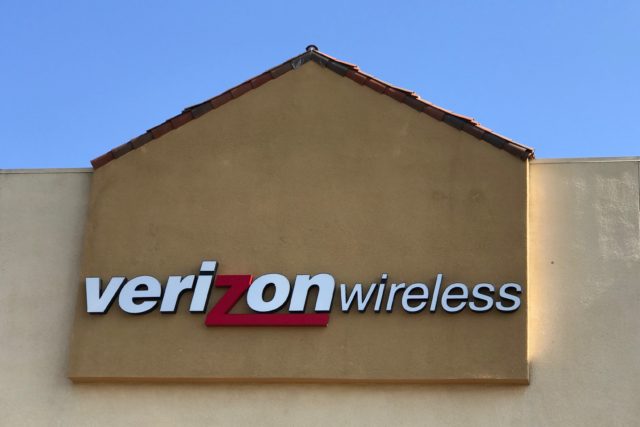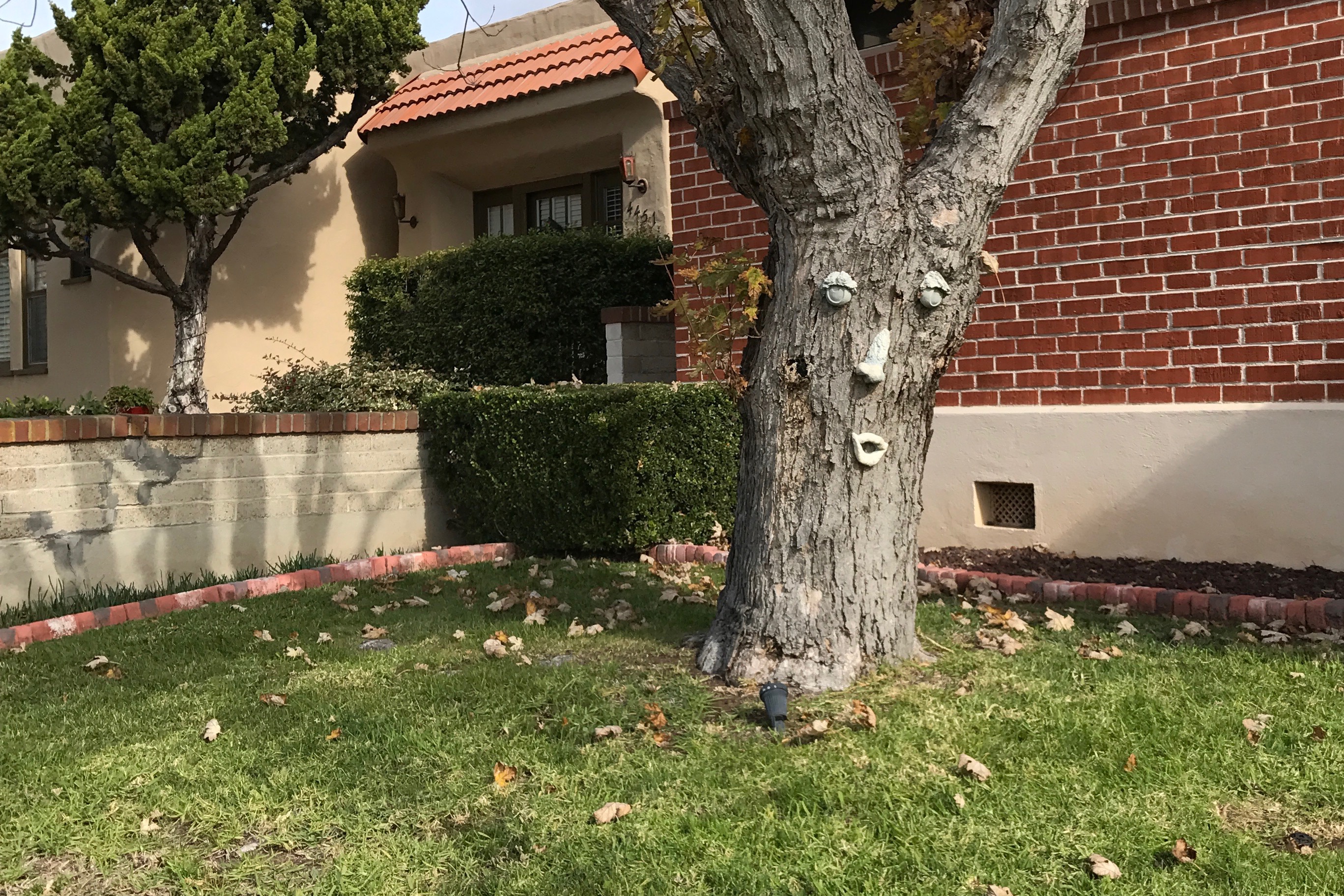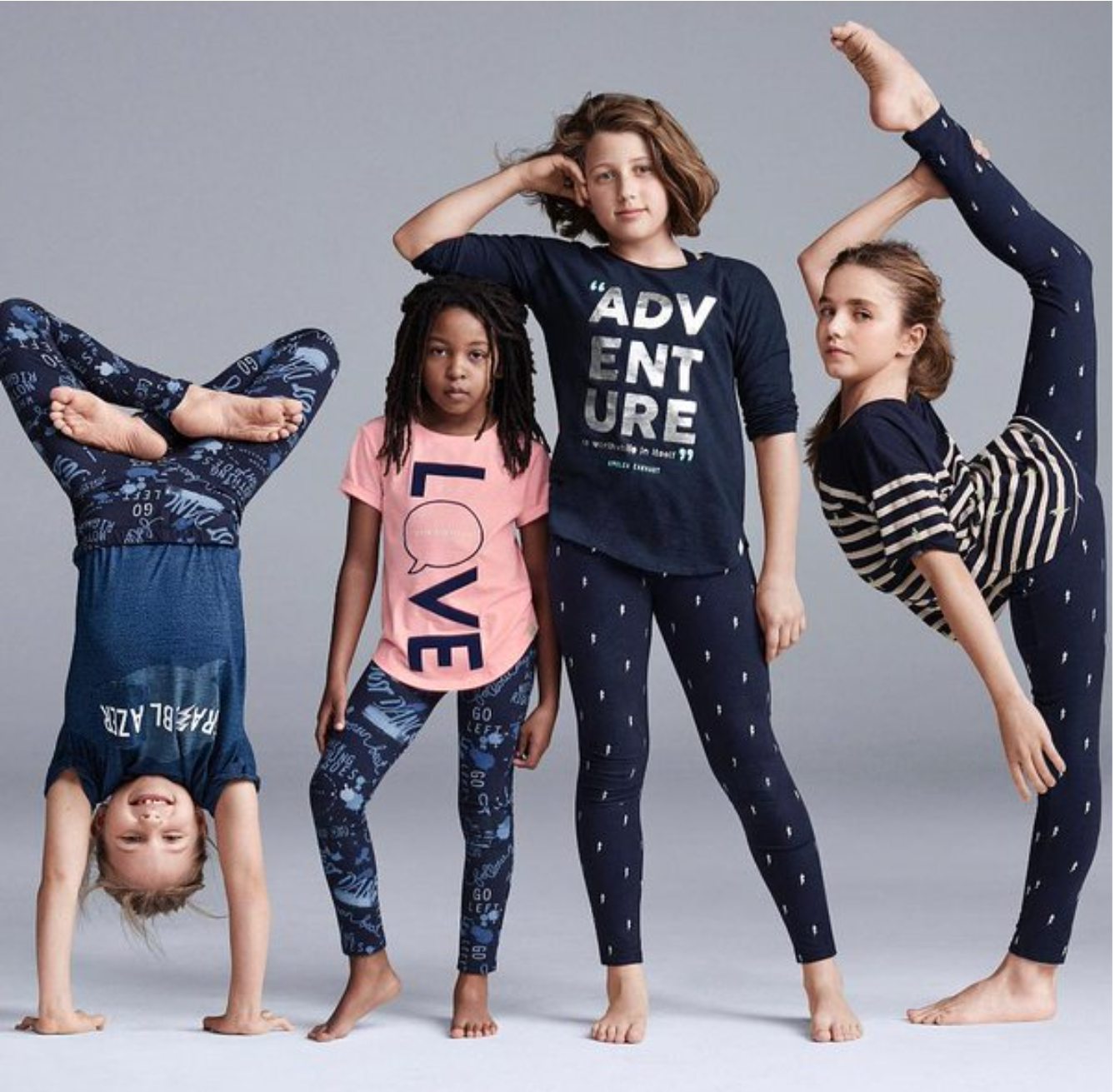I would like to thank Google for saving me thousands of dollars in needless spending. Near the end of today’s gangbuster hardware event, I was ready to order two new Chromebooks and smartphones, one each for me and my wife. But “error 500” pages on the company’s store website and long-lead new product availability dates prompted me to cancel the one order successfully made and to delete the others in process from my shopping cart.
For a company whose product managers droned on this morning about all the reasons why artificial intelligence is so right, Big G got the store selling experience all wrong. I have waited through most of 2017 for a new Google-branded Chrome OS laptop. While hardly a fresh hardware design concept, Pixelbook is nevertheless tempting enough to bring me back to the AI and voice-assistant contextual future from the Apple rotting on the overly-obsessed touch-UI tree. I was willing and ready but instead walked away angry.











